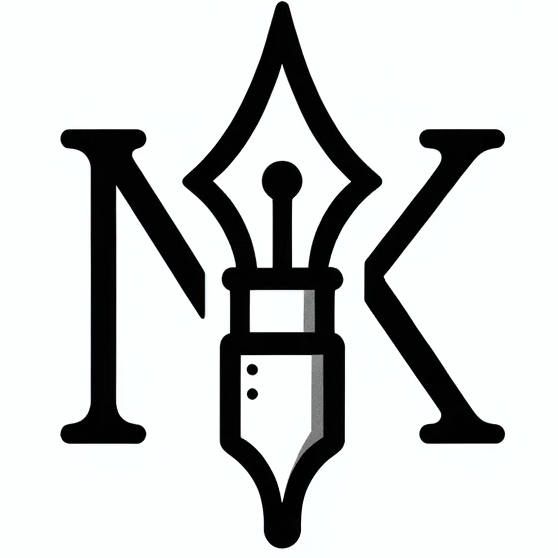There is a fleeting moment just before the sun sets and the light fades, where the gentle glow grants unusual clarity to familiar subjects, where shadows are long, offering contrast and refuge from continuous shape and form. I'm a profoundly introspective person in normal times, and at the conclusion of another year, I often find myself completely lost in contemplation. Perhaps it is because I am approaching 40 and having an early-onset midlife crisis, but my thoughts this year have revolved around how I ended up in a technology career. Why have I been so fascinated with technology from a very young age? Was it inevitable all along, despite the circuitous route I took to get there? Is my effort actually creating value?
A Spark of Curiosity
I was a profoundly curious child. In hindsight, I'm surprised my parents were able to cling to their sanity despite my relentless onslaught of questions. No mechanical or electronic device was safe from my insatiable curiosity as I carefully disassembled them (and often failed to reassemble them correctly) in attempt to determine how they worked. Naturally, I was drawn to the IBM Personal System/2 my parents brought home with equal force to a planet crossing a black hole's event horizon. I knew this device was unique after watching my father turn it on. Unlike modern electronic devices, the ritual was a fascinating delight for the senses—the buzz of the CRT as it warmed, the satisfying click of the oversized power switch, the whirr of the spinning hard drive, and the cacophony of mechanical nose emanating from the floppy drive captured my curiosity like nothing else did. Over time, I learned how to traverse the filesystem with the OS/2 command line and run programs. That PC helped me expand my vocabulary and showed me the joys of writing, but most importantly, it showed me that the gap between imagination and reality was so much smaller than I realized.
A Perfect World
The world is messy, and there are ambiguities around every corner—an infinite palette of gray shrouds every decision, which is a challenging realization for a perfectionist. Which permutation of decisions ultimately leads to the optimal result, and how is success measured? Viewing your choices through this excessively critical lens makes every undertaking feel like an accumulation of defeats, even if you could rationally judge the result as successful. To revere a perfect ideal is to indulge in fantasy, which inevitably leads to disappointment.
Technology sidesteps this problem by creating a universe of binary rules and infinitely precise methods of judging outcomes. It is a perfect world, a paradise of blind equality, where success is flawlessly equitable, and chance plays no role in the outcome. I will receive the same result from the same input whether I'm wealthy or poor, male or female, atheist or devout. It's a comforting place for a weary traveler seeking refuge from the unpredictability and perceived inequity of life.
A Gateway to Possibilities
I've recently been reminded of the transformative power of technology on a very personal level. It began years ago with a faint, muffled ring in my ears. It wouldn't go away but was so soft that it was easily consumed by even minor, omnipresent background noise. I didn't think much of it until recently when the ringing began overtaking normal conversation. As a lifelong lover of classical music, I could no longer appreciate the complex, undulating contrapuntal movement from which the immense power of each melody is drawn. Only in my memory did the music possess the beauty I knew it had.
Technology considered advanced only a few years ago has been miniaturized to the point that it can fit in a hearing aid small enough to tuck behind the ear. Microprocessors have become so powerful that the signal processing-induced latency is less than 0.5 milliseconds, facilitating the seamless mixing of enhanced sound from the hearing aid and the audible remnants of the natural sound. Fractal tones help obscure the constant, sanity-warping tinnitus associated with hearing loss, and machine learning algorithms constantly adjust output to detect and separate speech from ambient noise.
I've built programs ranging in complexity from a basic Java-based marine biology simulation in high school to implementing an end-to-end commercial loan origination process complete with automated, ML-based decisioning. Yet, three decades later, I still feel the same wonder of that small boy peering into a dim CRT monitor, realizing that technology is a gateway to actualizing the possibilities of the human mind.

